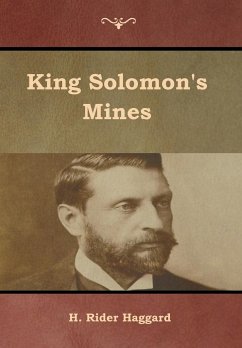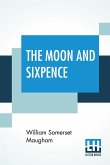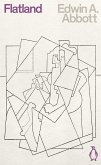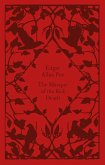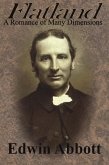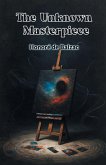King Solomon's Mines is a popular novel by the Victorian adventure writer and fabulist Sir H. Rider Haggard. It tells of a search of an unexplored region of Africa by a group of adventurers led by Allan Quatermain for the missing brother of one of the party. It is the first English fictional adventure novel set in Africa, and is considered to be the genesis of the Lost World literary genre. Sir H. Rider Haggard, in full Sir Henry Rider Haggard, (born June 22, 1856, Bradenham, Norfolk, Eng.-died May 14, 1925, London), English novelist best known for his romantic adventure King Solomon's Mines (1885). The son of a barrister, Haggard was educated at Ipswich grammar school and by private tutors. In 1875, at age 19, he went to southern Africa as secretary to the governor of Natal, Sir Henry Bulwer. Then he served on Sir Theophilus Shepstone's staff and himself hoisted the flag at the brief first annexation of the Transvaal (1877-81). He then became master of the high court there. In 1879 he returned to England, wrote a history of recent events in southern Africa, Cetywayo and His White Neighbours (1882), and read for the bar. He published two unsuccessful novels but captured the public with his African adventure story King Solomon's Mines. He followed this with She (1887) and further stories of Africa, notably Allan Quatermain (1887), Nada the Lily (1892), Queen Sheba's Ring (1910), Marie (1912), and The Ivory Child (1916). He used other settings for such striking romances as Cleopatra (1889), Montezuma's Daughter (1893), and Heart of the World (1896). Haggard was also a practical farmer; he served on several government commissions concerning agriculture and was knighted in 1912 for these services. A Farmer's Year (1899) and Rural England, 2 vol. (1902), are works of some importance. His autobiography, The Days of My Life: An Autobiography by Sir H. Rider Haggard (1926), was edited by C.J. Longman and published posthumously. With Robert Louis Stevenson, George MacDonald, and William Morris, Haggard was part of the literary reaction against domestic realism that has been called a romance revival. (britannica.com)
Hinweis: Dieser Artikel kann nur an eine deutsche Lieferadresse ausgeliefert werden.
Hinweis: Dieser Artikel kann nur an eine deutsche Lieferadresse ausgeliefert werden.

